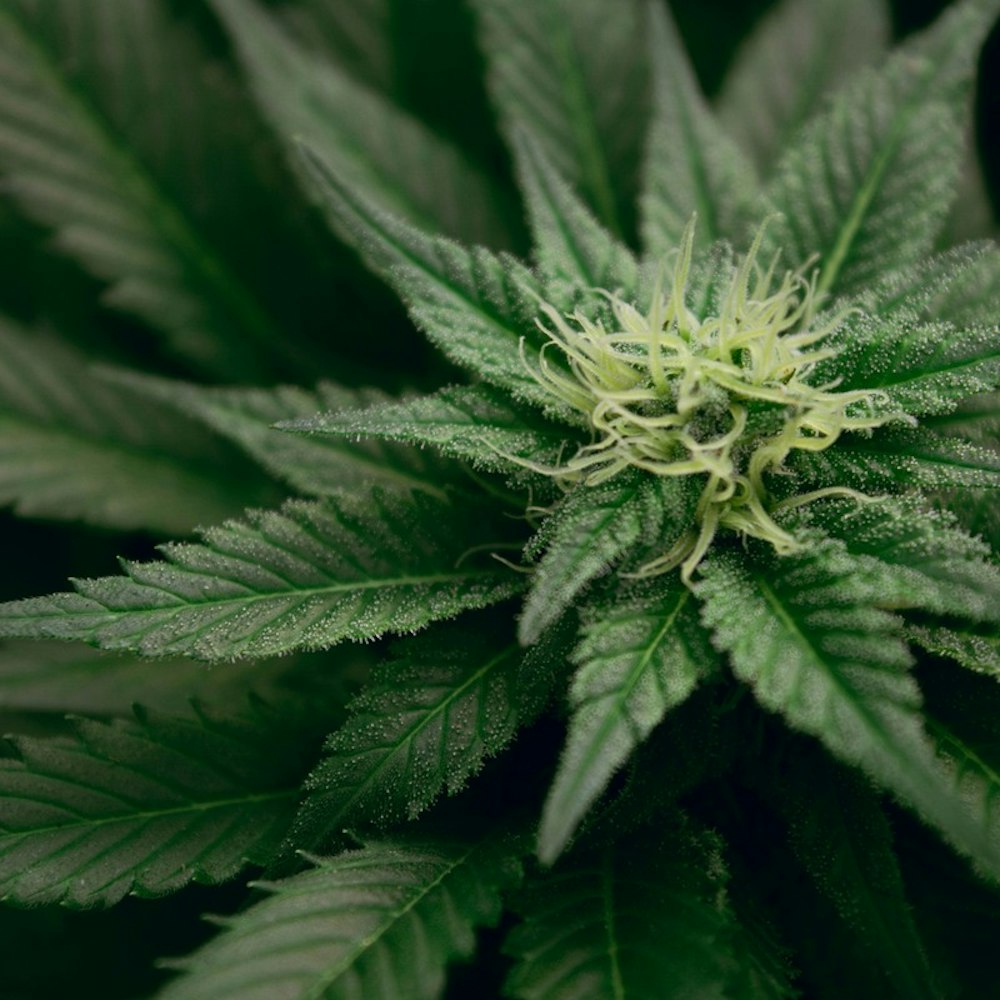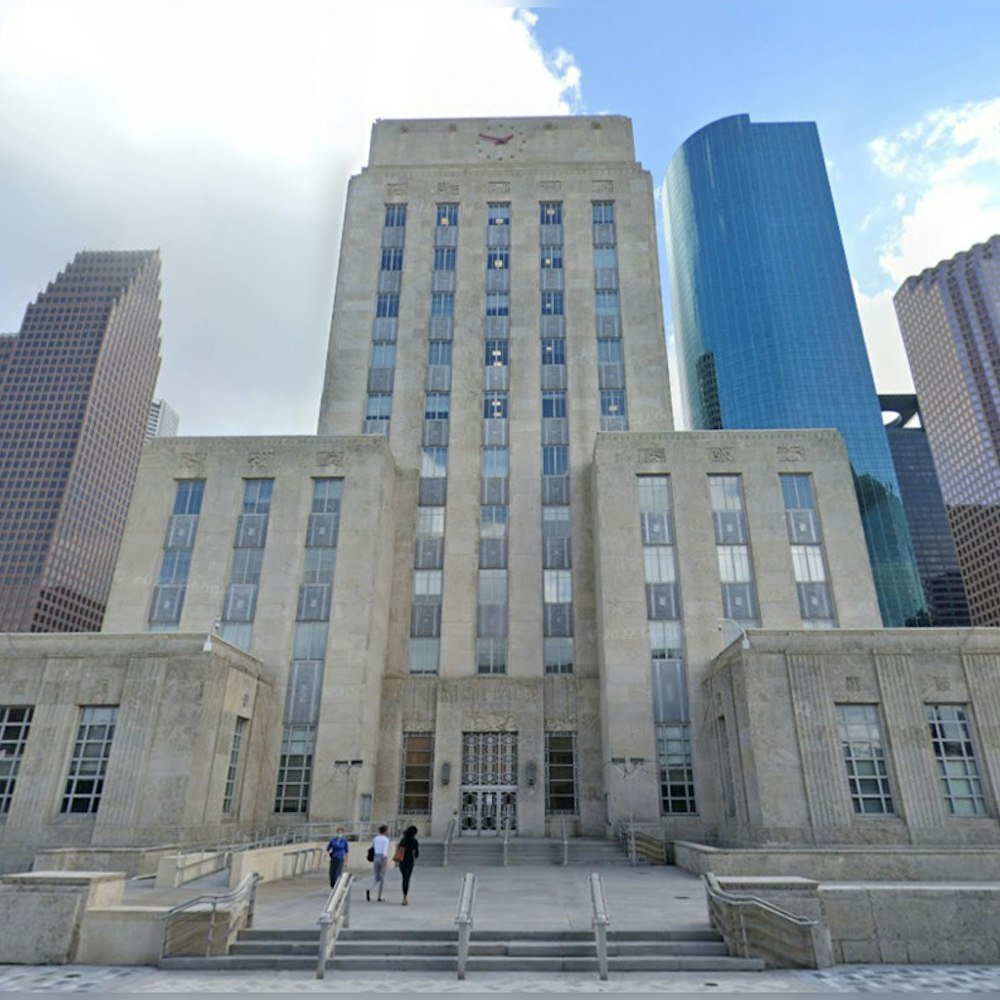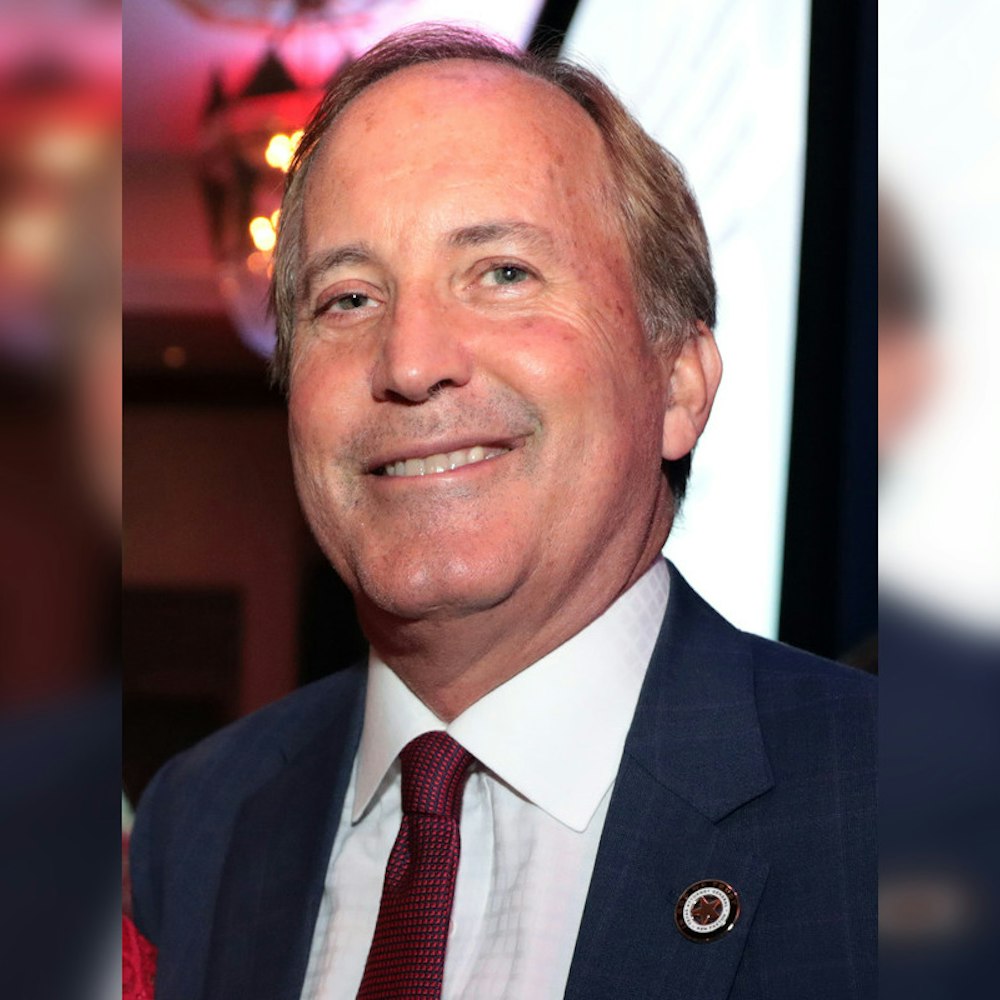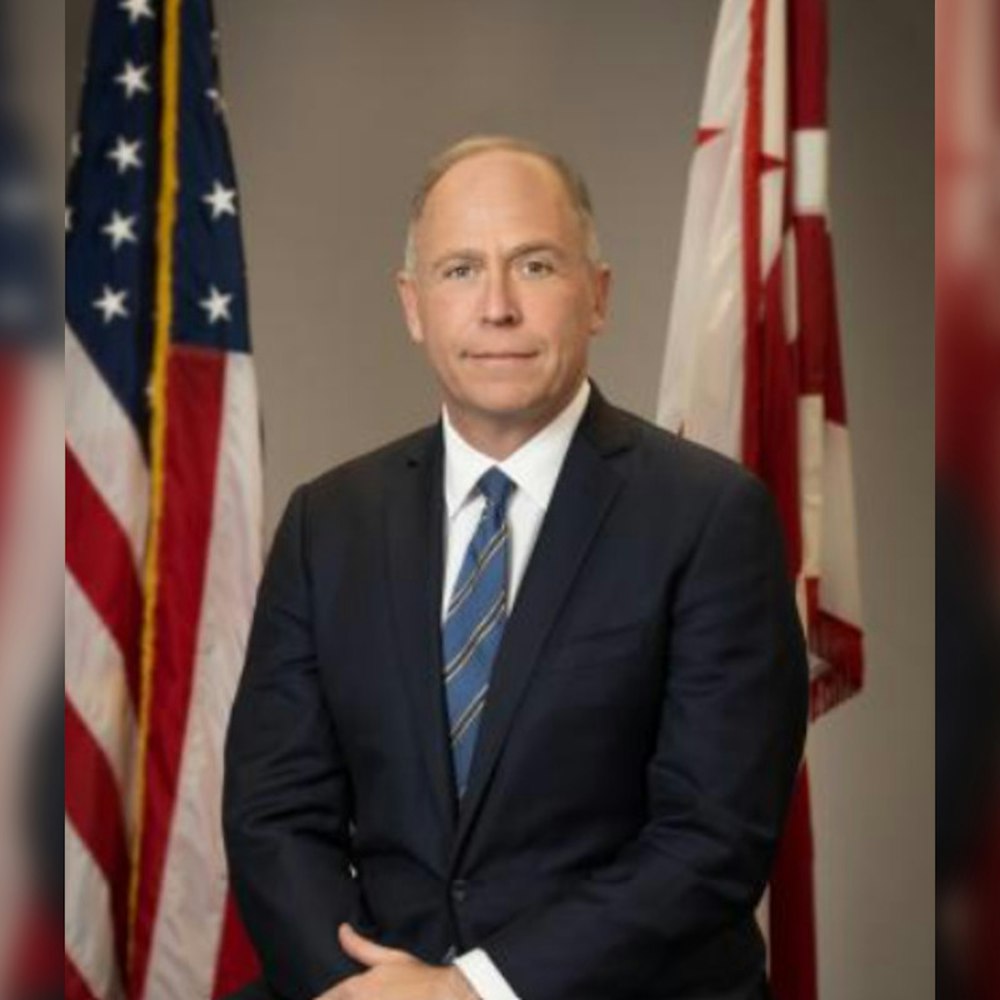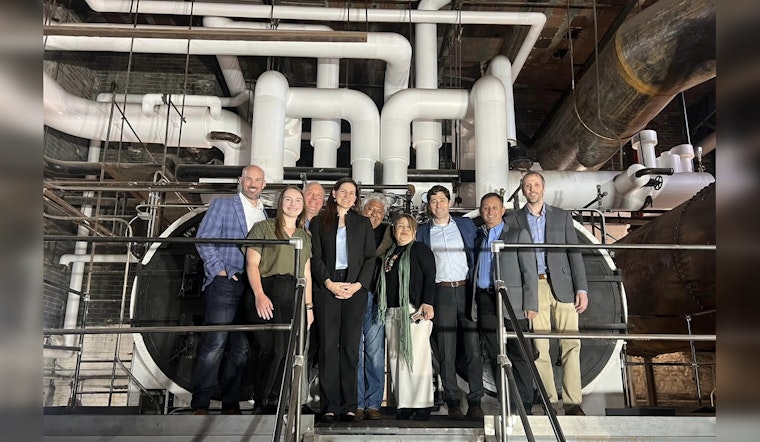
Minneapolis is ramping up its efforts to combat climate change by tripling the investment in its Green Cost Share Program as part of the larger Climate Legacy Initiative aimed at slashing the city’s environmental footprint while boosting local businesses. The program, which is hailed for both its economic and ecological impacts, incentivizes brick-and-mortar establishments to adopt green technologies like environmentally friendly boiler systems.
Minneapolis-based company Bōhm is among the enterprises to benefit from the enhanced program, stepping up as a local champion of sustainability, according to a recent social media announcement by the City of Minneapolis Government that was released, explaining the scope of the initiative and the expected outcomes, the program has not only boosted green business practices but has effectively cut down on pollution—tallying a reduction of 19,000 tons of pollutants from the local atmosphere.
Such impressive figures are not solely the product of hefty investments but also of collaborations between the city and business owners who are increasingly aware of their role in the global fight against climate change, recognizing that these steps, while local in scope, resonate far beyond the city limits when considering the collective action required to address this universal challenge. The Green Cost Share Program serves as both a reminder and a blueprint for how municipalities can take tangible action toward a healthier planet.
The commitment exhibited by the City of Minneapolis and the active participation of local companies such as Bōhm showcase a model where environmental responsibility and economic growth are not mutually exclusive but rather natural allies, this approach demonstrates that, with the right support and incentives, the journey towards sustainability can be both feasible and beneficial for communities intent on fostering a lasting environmental legacy. The city's announcement didn't just serve as an update but as an open call to other cities to observe and perhaps emulate, a progressive path toward a greener future.


